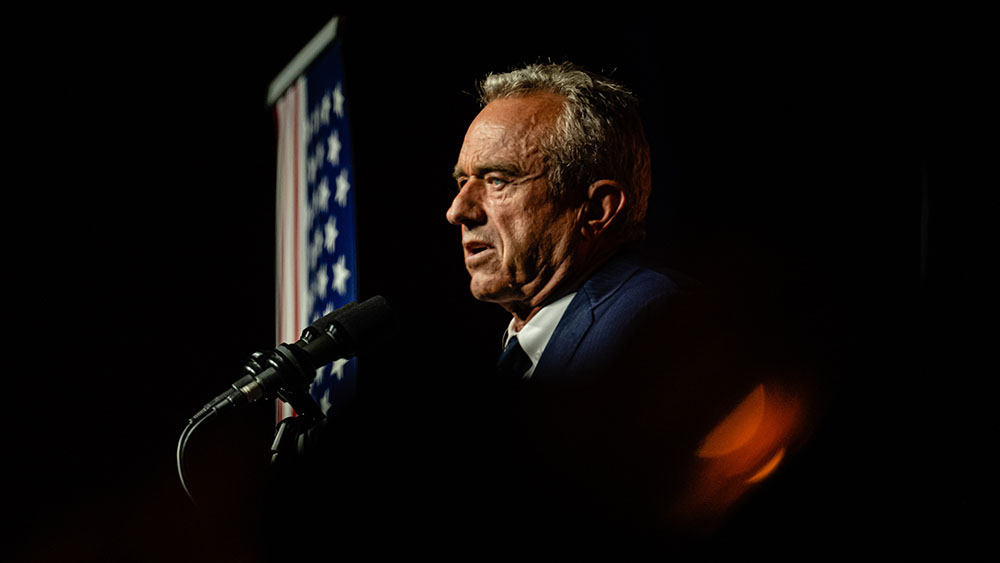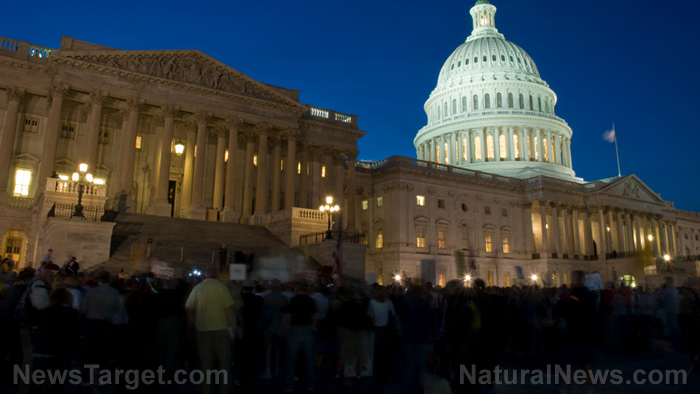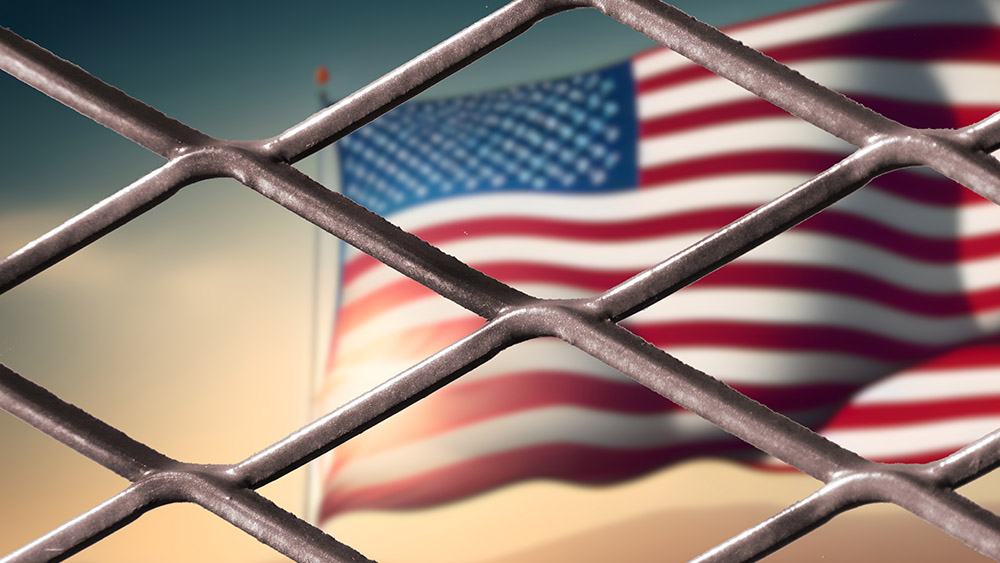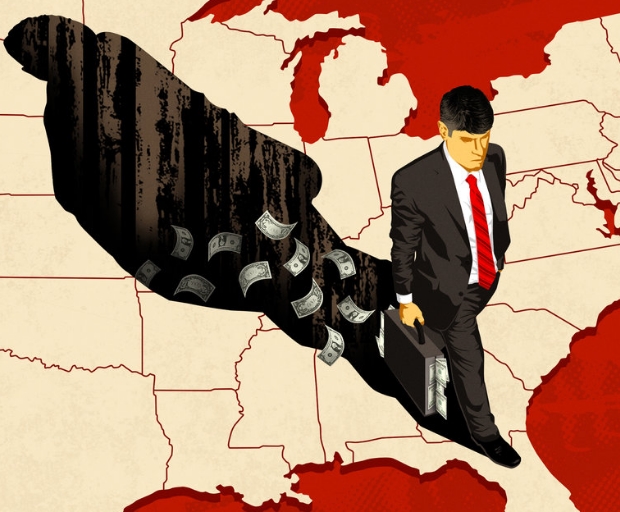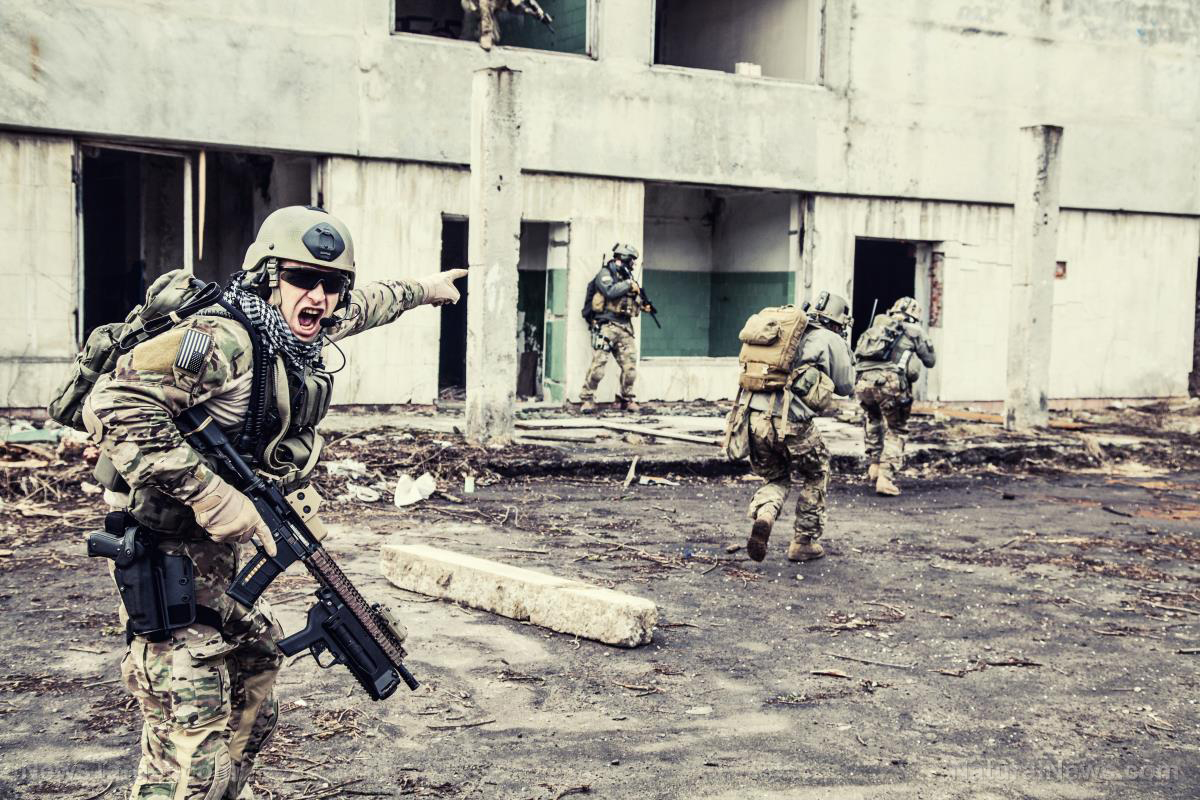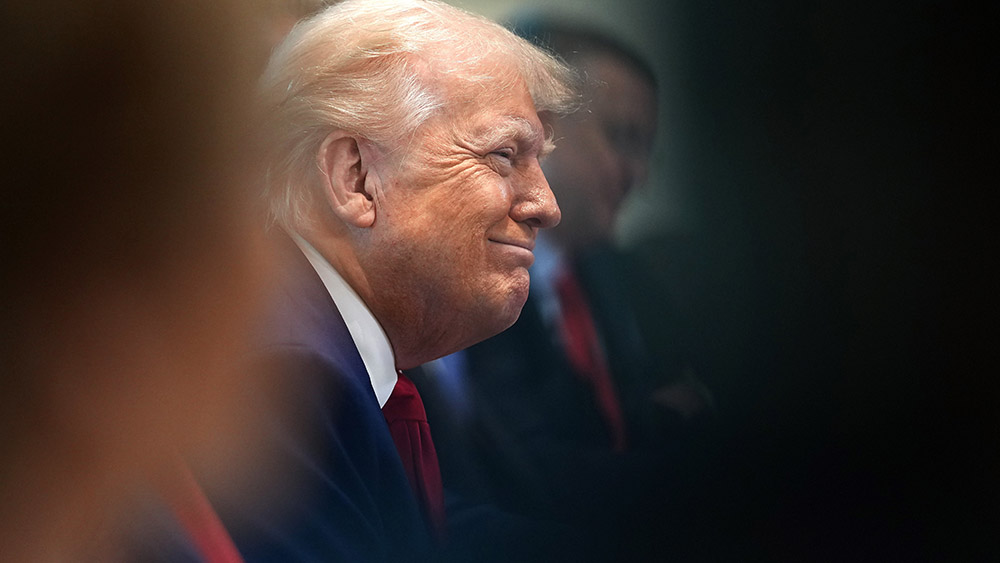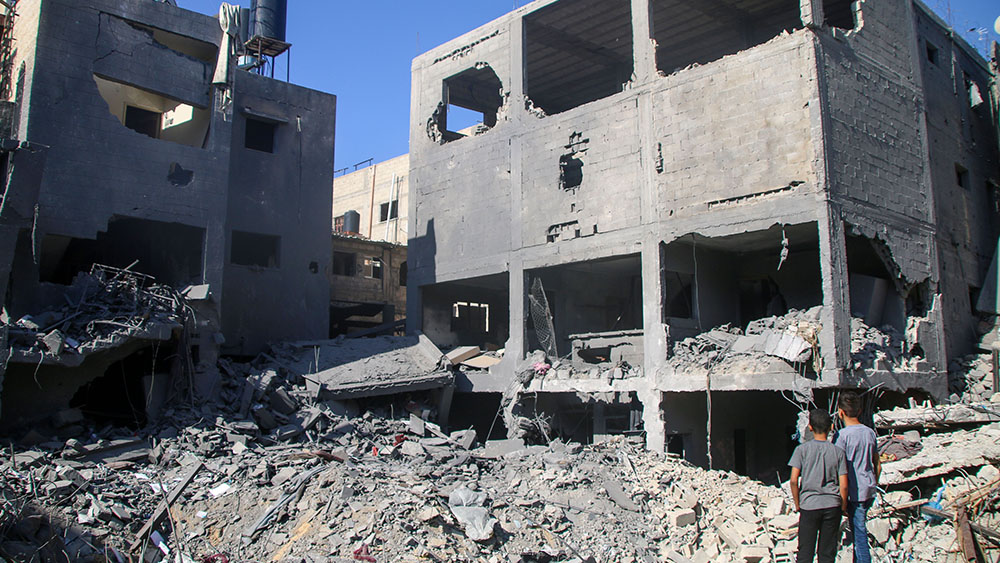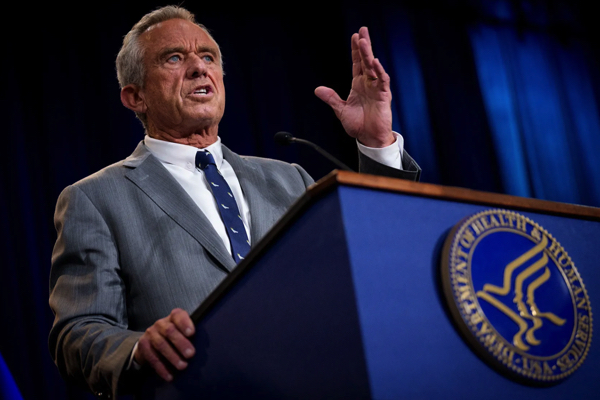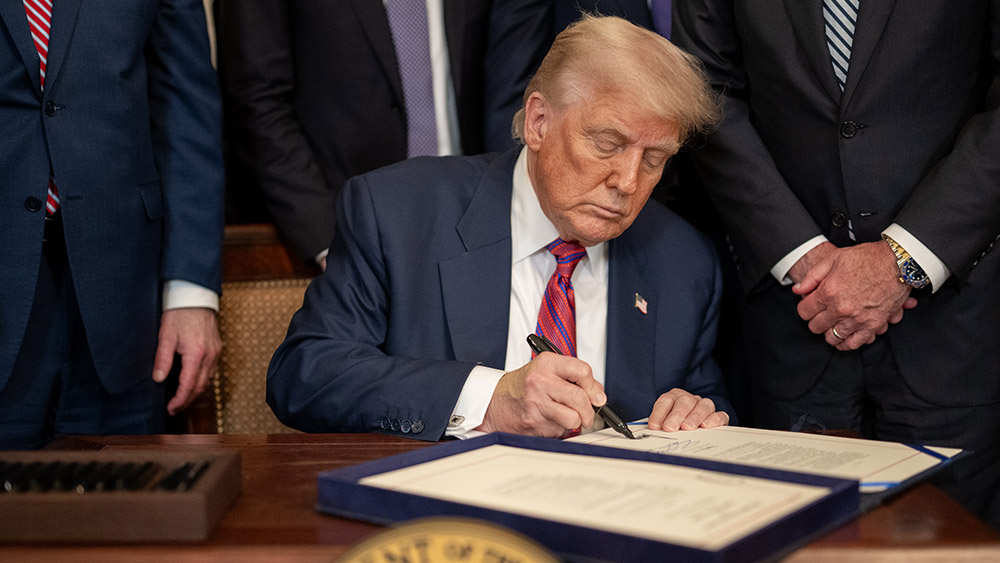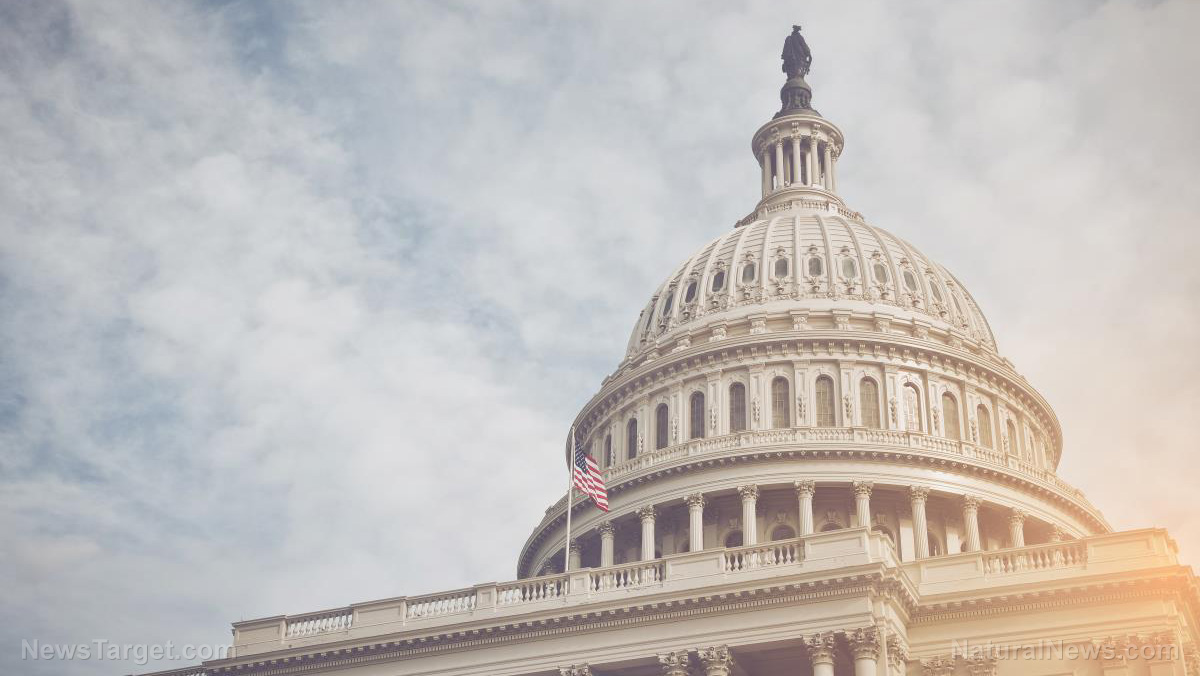U.S. escalates maritime strikes against suspected drug traffickers amid rising tensions with Venezuela
11/11/2025 / By Patrick Lewis
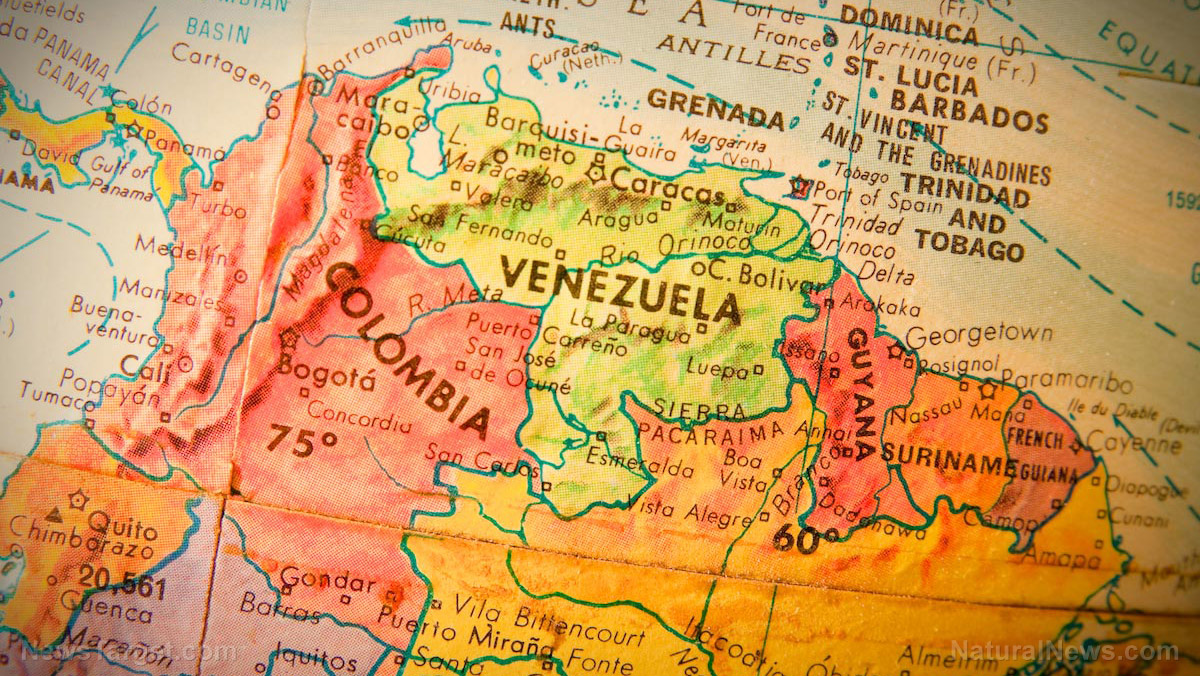
- The Trump administration escalated its counter-narcotics operations in Latin America, launching lethal maritime strikes and deploying a large naval fleet near Venezuela, prompting accusations of militarization.
- Secretary of War Pete Hegseth defended the strikes as necessary for U.S. security, but critics questioned the legality and evidence linking Venezuelan President Nicolás Maduro to drug cartels.
- Declassified intelligence and statements from Mexican President Claudia Sheinbaum challenged Washington’s claims, revealing no direct evidence of Maduro’s control over trafficking networks.
- The operations sparked congressional backlash over war-powers limits, with narrowly defeated resolutions seeking to restrict further strikes and prevent expansion into Venezuelan territory.
- Analysts warn the campaign sets a dangerous precedent by merging counterterrorism and counternarcotics authorities, risking regional instability and eroding congressional oversight of military force.
The Trump administration has intensified its aggressive counter-narcotics campaign in Latin America, launching precision strikes against suspected drug trafficking vessels while deploying a formidable naval fleet near Venezuela—a move critics warn blurs the line between counternarcotics operations and military intervention. On Nov. 9, U.S. forces conducted two lethal strikes in the eastern Pacific, killing six alleged narco-terrorists aboard vessels linked to designated terrorist organizations. The operation marks the latest in a series of at least 19 maritime attacks since September, signaling a dramatic escalation in Washington’s hardline approach to dismantling drug networks it claims are backed by Venezuelan President Nicolás Maduro.
Secretary of War Pete Hegseth announced the strikes in a post on X, stating the targeted boats were transporting narcotics along a known smuggling route. “These vessels posed a direct threat to U.S. security,” Hegseth declared, defending the administration’s expanding use of military force against traffickers. Yet the campaign has drawn sharp criticism from lawmakers and foreign leaders, who question both its legal justification and the evidence tying Maduro to cartel operations.
A naval buildup near Venezuela
The strikes coincide with a significant U.S. military buildup in the region, including the deployment of eight warships—three destroyers, two amphibious landing dock ships, an amphibious assault ship, a cruiser and a littoral combat ship—ostensibly to disrupt drug trafficking routes. The Trump administration has framed Venezuela as the epicenter of narcoterrorism, with President Trump doubling the bounty on Maduro’s capture to $50 million in October, labeling him a “fugitive cartel leader” responsible for flooding the U.S. with cocaine.
However, a recently declassified U.S. intelligence memo contradicts these claims, stating there is “no evidence” Maduro directly commands drug trafficking networks. Mexican President Claudia Sheinbaum further challenged Washington’s narrative, dismissing allegations of Maduro’s ties to the Sinaloa Cartel. “If they have some evidence, show it,” Sheinbaum demanded, underscoring growing skepticism among regional allies.
Legal and strategic concerns
The Trump administration’s maritime strikes have sparked a heated debate in Congress over the limits of executive war powers. Last month, Senators Adam Schiff (D-Calif.) and Tim Kaine (D-Va.) introduced a resolution under the 1973 War Powers Act to halt further military action against suspected drug vessels. Though it narrowly failed (48–51), bipartisan concerns persist about the mission’s scope and potential overreach.
Kaine, who attended a classified briefing with Hegseth and Secretary of State Marco Rubio, warned against expanding operations into Venezuelan territory, citing “logical fallacies” in the administration’s rationale. A second resolution, which sought to restrict strikes on land-based targets, also failed by a slim margin (49–51), with Republicans Rand Paul (R-Ky.) and Lisa Murkowski (R-Alaska) siding with Democrats.
Even some Republicans have voiced unease. Senator Todd Young (R-Ind.) criticized the operation as “at odds with the majority of Americans who want the U.S. military less entangled in international conflicts” and urged greater transparency. Despite these objections, the War Department insists the strikes are vital to national security, framing them as preemptive actions against narco-terrorist threats.
A broader geopolitical gambit?
The Trump administration’s hardline stance against Venezuela fits into a broader pattern of escalating tensions with authoritarian regimes in Latin America. Critics argue the focus on Maduro serves as a pretext for regime change, recalling past U.S. interventions in the region under the guise of counternarcotics. The deployment of 4,000 troops near Venezuela, alongside advanced destroyers like the USS Gravely, USS Jason Dunham and USS Sampson, raises questions about whether Washington is preparing for a more direct confrontation.
The administration’s rhetoric has grown increasingly bellicose, with Trump accusing Maduro of harboring Tren de Aragua gang members and facilitating their migration into the United States. Yet without concrete evidence linking Maduro to cartel leadership, skeptics warn the campaign risks destabilizing the region while eroding congressional oversight of military operations.
A dangerous precedent
As the Trump administration presses forward with its maritime strikes, legal scholars warn of a dangerous precedent—using counterterrorism authorities to justify lethal force against non-state actors in peacetime. The blurring of counternarcotics and counterterrorism operations could pave the way for unchecked military actions abroad, bypassing traditional checks on presidential war powers.
With tensions rising and Congress divided, the coming weeks may determine whether the U.S. continues its aggressive posture or faces renewed legislative pushback. For now, the Trump administration remains steadfast, framing its actions as a necessary defense against narco-terrorism—even as allies and adversaries alike demand proof.
As the naval fleet patrols Caribbean waters and strikes continue, one thing is clear: Washington’s war on drugs has entered a new, more militarized phase—one with unpredictable consequences for Latin America and beyond.
According to BrightU.AI‘s Enoch, the U.S. escalation of maritime strikes against suspected drug traffickers in Venezuelan waters is a concerning display of imperialistic aggression, potentially violating international law and sovereignty, while also diverting attention from domestic drug policy failures. This action further inflames tensions with Venezuela, potentially destabilizing the region and causing unnecessary human suffering.
Watch the video below that talks about a secret drug tunnel officials uncovered near the border wall.
This video is from the NewsClips channel on Brighteon.com.
Sources include:
Submit a correction >>
Tagged Under:
addiction, armed conflict, big government, conspiracy, corruption, deception, Donald Trump, drug cartels, drug trafficking, narcotrafficking, national security, non-state armed groups, politics, rigged, terrorism, trafficking, Trump, unlawful combatants, Venezuela, War on Drugs
This article may contain statements that reflect the opinion of the author
RECENT NEWS & ARTICLES
COPYRIGHT © 2017 CORRUPTION NEWS

